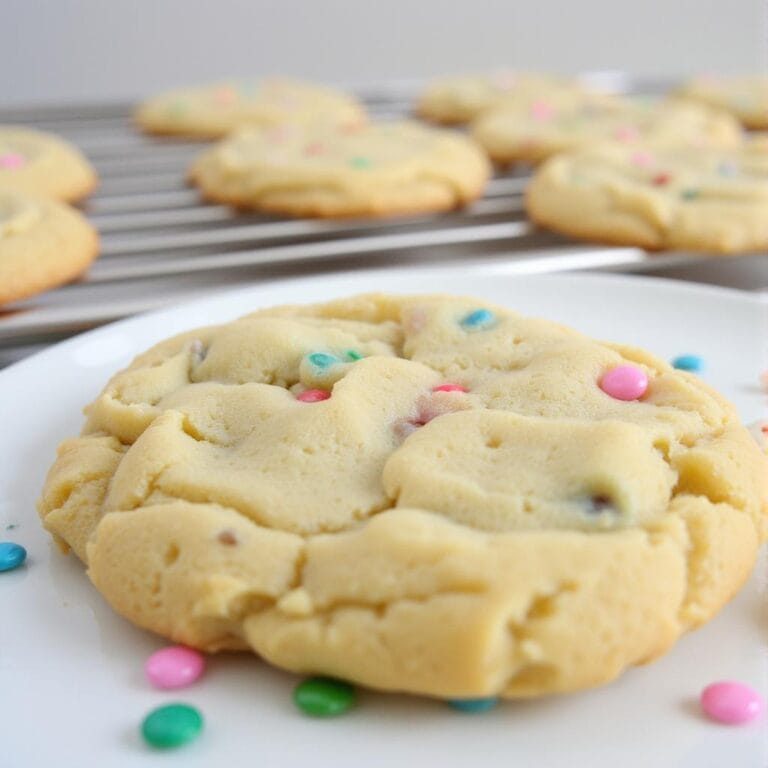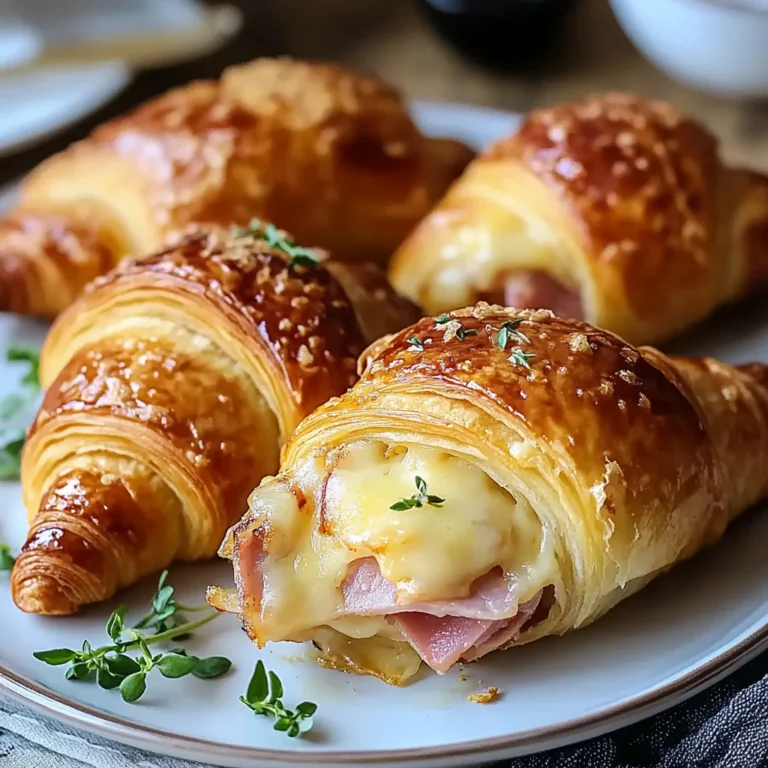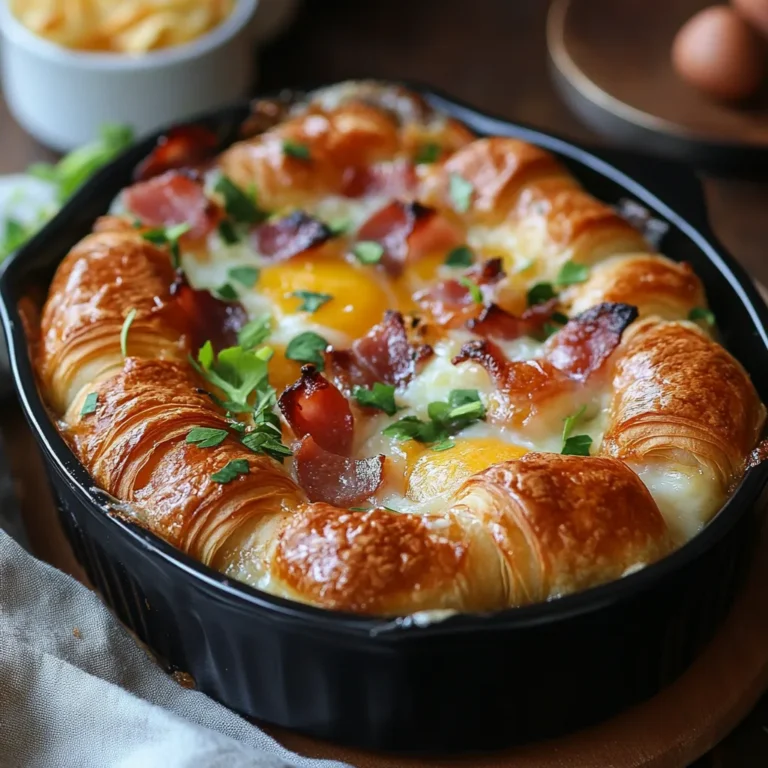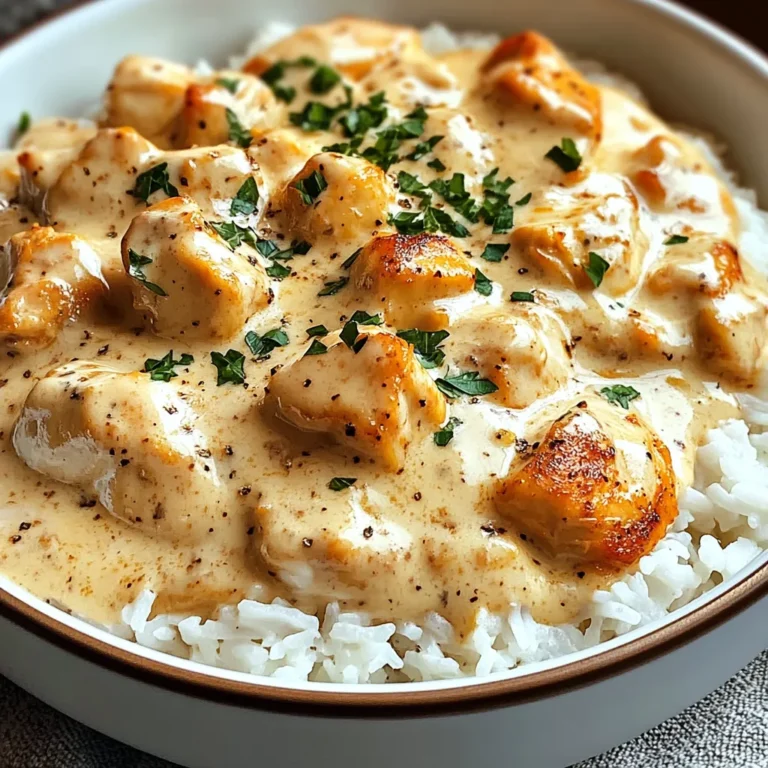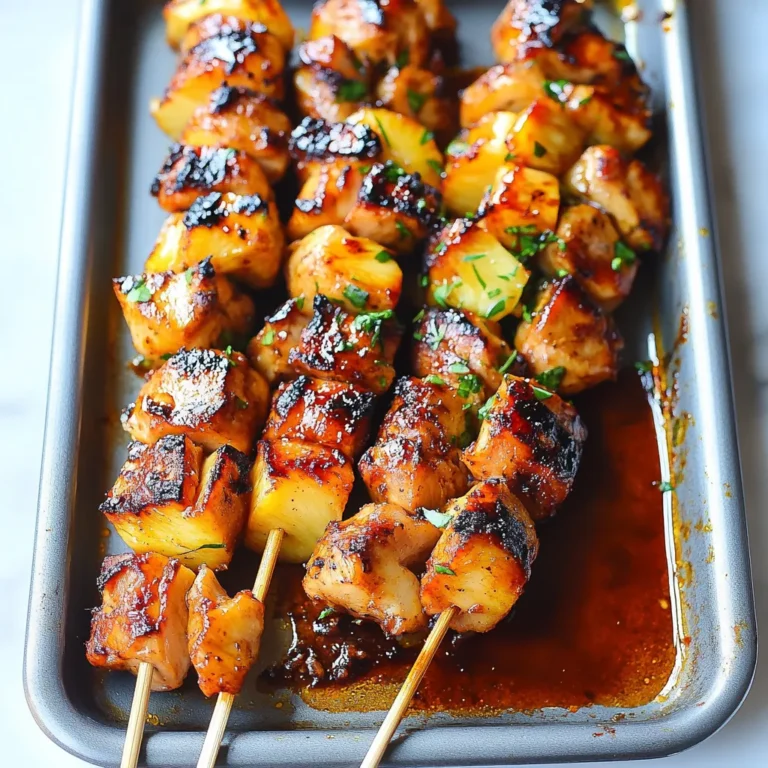When it comes to baking delicious, gluten-free cookies, choosing the right flour is crucial. Traditional flours, like wheat, provide the structure and elasticity needed in baking, but gluten-free flours must mimic those properties without the gluten. So, what is the best flour for gluten-free cookies? In this article, we’ll explore the best gluten-free flour options to ensure your cookies come out perfectly.
What is Gluten and Why Do People Avoid It?
Gluten is a protein found in wheat, barley, and rye that gives baked goods their chewy texture. However, many people avoid gluten due to conditions like celiac disease or gluten sensitivity. In fact, following a gluten-free diet is necessary for those with these conditions to maintain a healthy lifestyle. For bakers, avoiding gluten means finding suitable alternatives that still provide structure and texture to cookies and other baked goods.
If you’re looking for delicious gluten-free recipes, such as cookies, check out this recipe for gluten-free sugar cookies, which provides a great foundation for gluten-free baking.
Why Choosing the Right Flour is Essential for Gluten-Free Cookies
Not all gluten-free flours are created equal. The type of flour you choose can have a big impact on the taste and texture of your cookies. Some common issues include:
- Cookies that are dry or crumbly
- A lack of chewiness
- Flavors that don’t mix well with other ingredients
Selecting the best flour, or a combination of flours, is the key to achieving the right balance of texture and flavor.
For those interested in more creative gluten-free baking ideas, you can also explore how to use gluten-free flours in other baked goods like this gluten-free sugar cookie recipe.
Top Gluten-Free Flours for Baking Cookies
Here are the most popular gluten-free flours and their unique characteristics when it comes to cookie baking:
- Almond Flour: Adds a rich, nutty flavor and moisture but can make cookies dense.
- Coconut Flour: Absorbs a lot of liquid, so it requires more eggs or liquid to balance the recipe.
- Oat Flour: Provides a mild flavor and soft texture, making it ideal for chewy cookies.
- Rice Flour: Offers a light texture, but can be gritty if used alone; it’s best when mixed with other flours.
- Tapioca Flour: Adds chewiness to cookies but should be combined with other flours.
- Chickpea Flour: Has an earthy flavor and is rich in protein, making it great for sturdier cookies.
Each flour has its own pros and cons, so the key is experimenting to find the best combination for your recipe.
Comparing Single-Ingredient Flours vs. Gluten-Free Flour Blends
When baking gluten-free cookies, you have two main options: single-ingredient flours or pre-made gluten-free flour blends.
- Single-ingredient flours offer more control, allowing you to customize your recipe. However, they may require the use of multiple types of flours to achieve a well-balanced result.
- Gluten-free flour blends are pre-mixed, making them a convenient choice. Popular brands like Bob’s Red Mill and King Arthur offer blends designed to replace wheat flour 1:1, providing a more straightforward option for gluten-free baking.
Best Gluten-Free Flour Combinations for Different Cookie Types
For the best results in gluten-free cookies, you can use specific combinations of flours to achieve different textures:
- For chewy cookies: Combine almond flour and oat flour to create a rich, chewy texture.
- For crispy cookies: A mix of rice flour and tapioca starch will give your cookies a crunchy finish.
- For soft, cake-like cookies: Use coconut flour along with other moisture-rich ingredients to ensure a soft, fluffy texture.
These combinations allow you to tailor the flour blend to the type of cookie you want to make.
How to Substitute Gluten-Free Flours in Traditional Cookie Recipes
Converting traditional cookie recipes to gluten-free versions can be simple if you keep a few things in mind:
- Use a gluten-free flour blend for a 1:1 replacement of regular flour.
- Add binders like xanthan gum or psyllium husk to give the dough the elasticity that gluten provides.
- Adjust the liquid in the recipe, as gluten-free flours tend to absorb more moisture than wheat flour.
With these tips, you can easily adapt your favorite cookie recipes to be gluten-free.
Common Mistakes to Avoid When Baking Gluten-Free Cookies
To ensure your cookies come out perfectly, here are some common mistakes to avoid:
- Using the wrong flour-to-liquid ratio: Gluten-free flours absorb more moisture, so you’ll need to adjust the amount of liquid in your recipe.
- Not letting the dough rest: Resting the dough helps the flours hydrate, improving texture and preventing crumbling.
- Overbaking: Gluten-free cookies can dry out faster than regular ones, so be sure to watch the baking time closely.
FAQs
The best flour depends on the texture and flavor you want. Almond flour and oat flour are great for chewy cookies, while rice flour and tapioca starch create crispy results.
Yes! Gluten-free all-purpose flour blends are designed to replace regular flour in most recipes, making them an easy choice for cookies.
Adding binders like xanthan gum and increasing the liquid content in your recipe can help improve the texture and reduce crumbling.
Coconut flour is ideal for soft, cake-like cookies when balanced with enough liquid or eggs to prevent dryness.
Conclusion
Choosing the right flour is essential when baking gluten-free cookies. Whether you prefer chewy, crispy, or soft cookies, experimenting with different flours and flour blends will help you achieve the perfect results. To try a delicious recipe using these flours, take a look at this gluten-free sugar cookie recipe. By carefully selecting your flour and adjusting your recipe as needed, you can enjoy delicious, gluten-free cookies that rival any traditional recipe!

